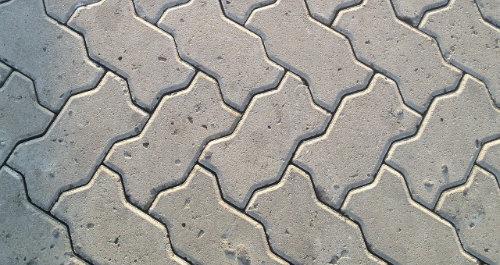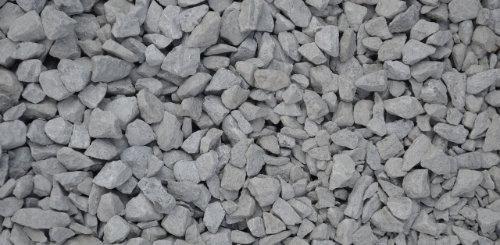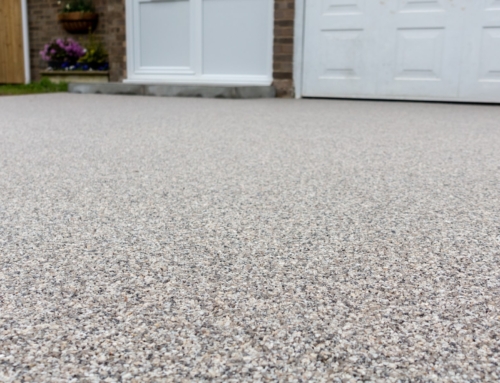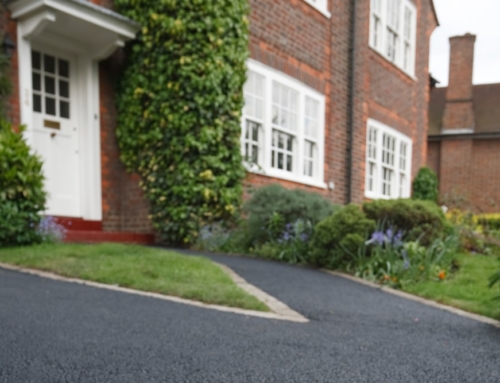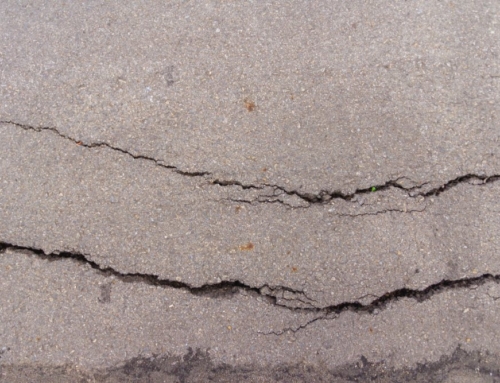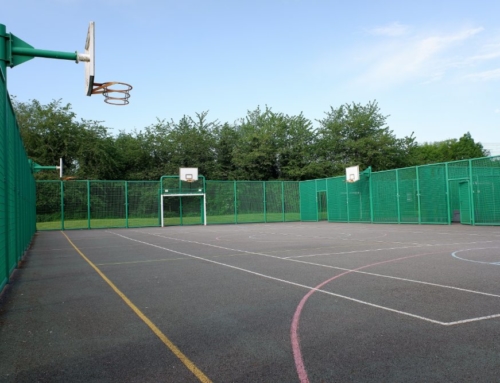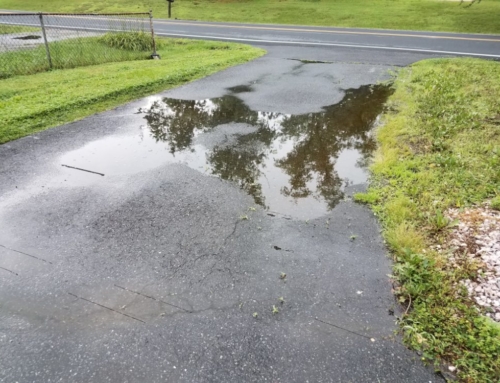Glossary of driveway and paving terms
When it comes to installing a new driveway at your property, or resurfacing your existing one, you may find you hear a lot of terminology being bandied about. This can easily leave a surfacing novice unsure as to what you’re looking for, or what’s being recommended to you by a contractor. To keep things clear and easy to understand, we’ve put together this glossary of some commonly used driveway and paving terms to help you out.
Aggregate
Aggregate is a mixture of materials such as crushed stone, sand and rock. It can be used in a variety of construction jobs, according to the aggregate’s size, type and grade/quality.
Asphalt
Bituminous asphalt concrete, often simply known as asphalt, is a material often used to surface driveways, car parks and roads. It is composed of aggregates mixed with the sticky, thick binder that is asphalt/bitumen.
Block paving

A decorative paving method whereby bricks are laid in interlocking formations/patterns. Bricks are generally either made from clay or concrete.
Cement
Cement is a binding material which sets hard, sticking other materials together. Generally, cement is composed mainly from limestone and clay which, when mixed with water, sets off a chemical reaction causing the material to solidify.
Compaction
This is a process whereby a material, such as asphalt or gravel, is compressed. This removes any air voids and increases the strength and stability of the surfacing.
Concrete

Many people incorrectly use concrete and cement interchangeably; they are, however, distinct materials. Concrete is typically made up from sand, gravel, cement and water which sets into a strong, hard building material. It is often used in roads and pavements.
Grading
Also known as regrading or levelling, grading is where a portion of land is raised or lowered. This is often completed to create a smooth, level, usable surface or to enhance drainage.
Gravel

An array of small rocks and rock fragments. Gravel can be made from different stones, can come in different sizes and be processed or unprocessed.
Line painting
The process of painting road markings or other such markings – for example, those used in car parks, playgrounds or warehouses.
Overlaying
The process whereby a new layer of asphalt is poured over your existing surfacing. This is a common way to renew a surface and does away with the need for removing the current paving material.
Resin bound
Resin bound paving is a form of permeable, flexible surfacing. It is made from mixing together small aggregate stones and resin.
Sealing
Also known as sealcoating, this process is where a protective layer is applied to your paving material. This could be used to strengthen the paving, make it resistant to the elements or to UV rays. This can also be used for aesthetic purposes to make a surfacing look new again.
Sub-base
A layer of crushed stone, gravel, or other such byproducts, which form a foundation for laying a stable surfacing. This would be the first layer used when creating surfaces such as pavements and roads.
UK Surfacings Ltd is a professional surfacing company operating across South London. We have the experience and skill to carry out a wide array of surfacing work, from installing and repairing driveways to resurfacing and line marking jobs. With over 30 years of industry experience, you can trust UK Surfacing Ltd to carry out a consistently high standard of work and at a competitive price. For expert advice or further information about our services, get in touch with our helpful team today.

